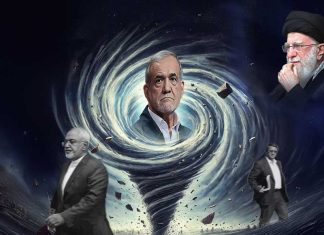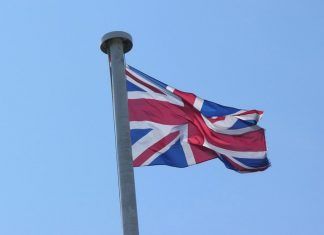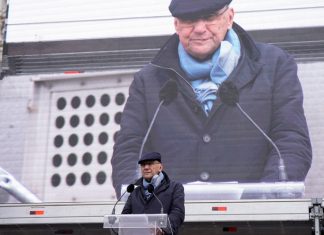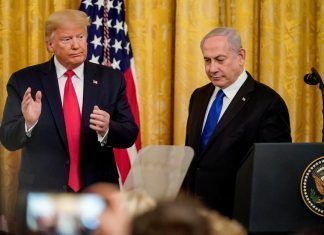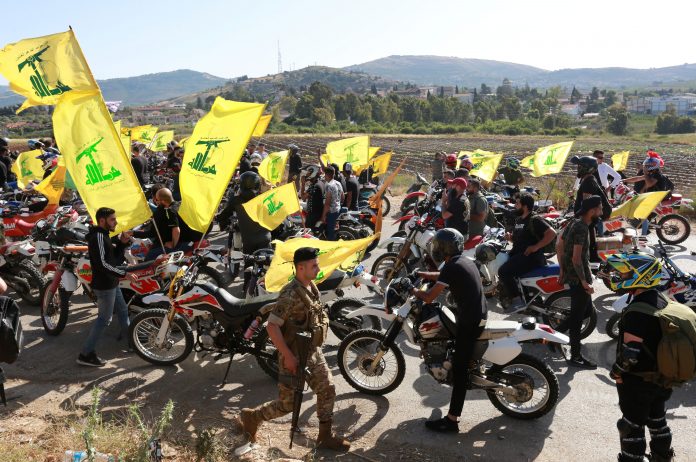
BEIRUT, Aug 6 (Reuters) – Hezbollah fighters who fired rockets towards Israeli forces from Lebanon on Friday were intercepted by locals afterwards, the group said, a rare challenge to the Iran-backed Shi’ite movement as its members passed through a Druze area of the south.
Hezbollah fired a barrage of rockets towards Israeli forces in the disputed Shebaa Farms area, saying it had targeted open ground in retaliation for Israeli air strikes that hit open ground in Lebanon on Thursday. Israel responded to Friday’s rockets with artillery fire into Lebanon.
As the Hezbollah fighters returned from the launch, “a number of citizens intercepted them” as they passed through the Chouaya area, Hezbollah said in a statement.
A video circulated on social media and broadcast by Lebanese TV stations showed a crowd of men gathered around a blue, flat-back truck loaded with rocket launchers in Chouaya, a predominantly Druze area of the south.
The Lebanese army said in a statement it had detained the “four people who launched the rockets and seized the launcher used in the operation”.
In its statement, Hezbollah said the launch had taken place “in a wooded area totally far from residential areas, to preserve the security of citizens”.
Hezbollah said it always took the utmost care to avoid exposing people to harm “during its resistance work”, and would continue to do so.
Walid Jumblatt, Lebanon’s leading Druze politician, urged calm after the incident. “We hope that we all exit this tense atmosphere on social media,” he wrote on Twitter.
Hezbollah enjoys strong support among Shi’ites who form the majority in southern Lebanon, where its fighters helped drive out Israeli forces that occupied the area until 2000.
But its powerful arsenal has long been a point of conflict in Lebanon, where its political opponents say the arsenal undermines the Lebanese state and should be handed over to the army.
(Writing by Tom Perry, Editing by Timothy Heritage and Kevin Liffey)

